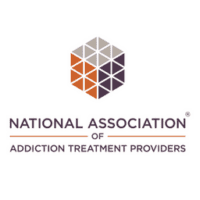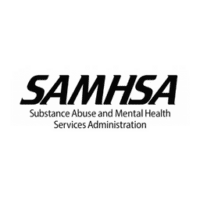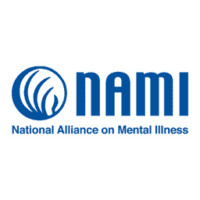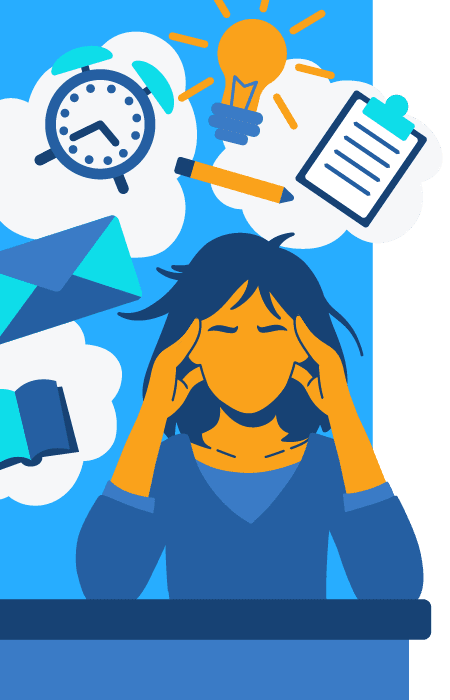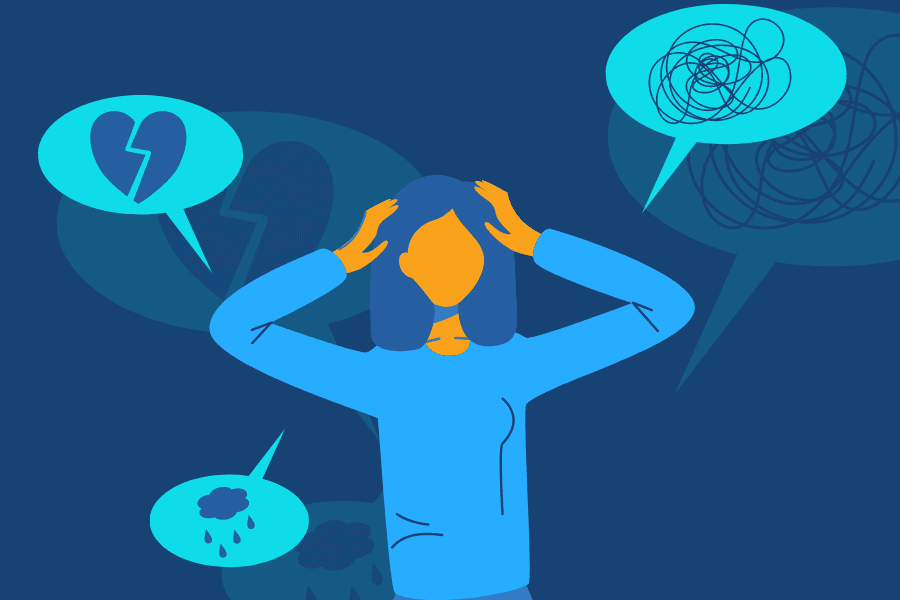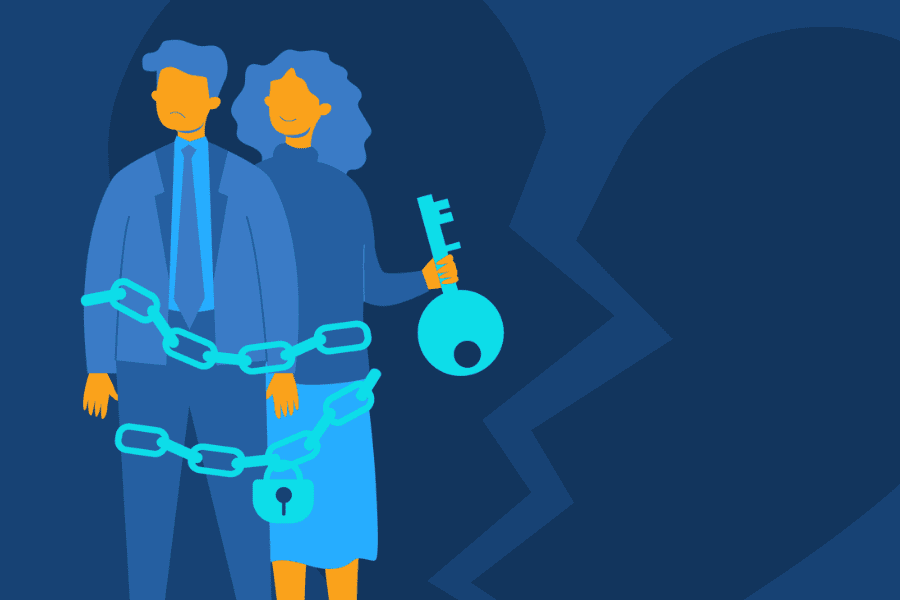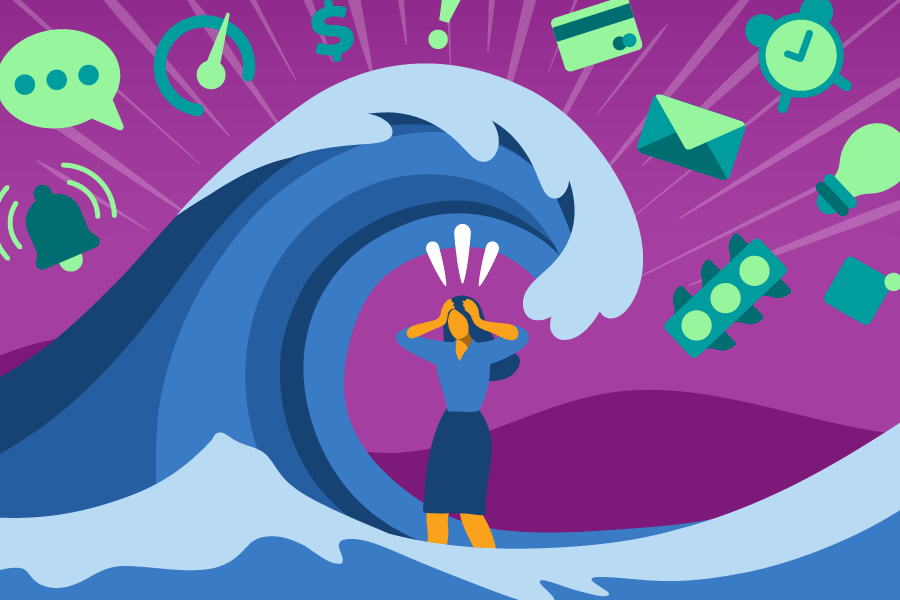Can Adults have ADHD?
It’s a common belief that attention-deficit hyperactivity disorder (ADHD) is a condition that only affects children. The truth is, ADHD also affects many teens, young adults and adults. In fact, researchers have found that one third of children who have ADHD do not outgrow it. Although the symptoms of ADHD change in some ways as children become adults, symptoms often continue into their adult years, and sometimes throughout their lives.
If you’re a young adult who struggles with organization, setting priorities, time management and other aspects of your life, you may be showing symptoms of ADHD. If these symptoms are making it difficult for you to function, help is available, and it’s especially important to get that help because ADHD is often associated with low self-esteem, depression and other problems.
Thankfully, it’s entirely possible for you to get the help you need to manage ADHD and live a healthy, productive life.
What is ADHD?
Attention-deficit hyperactivity disorder, or ADHD (and also known as attention deficit disorder or ADD), is a neurological disorder associated with inattention, impulsivity and hyperactivity. ADHD has different levels of severity (mild, moderate and severe), and it’s diagnosed three times more often in men than in women. About four percent of American adults have ADHD.

What causes ADHD?
This disorder is complex, and researchers have been unable to pinpoint its exact cause. But research indicates that a genetic aspect is probably involved, since people are more likely to be diagnosed if someone else in their family has ADHD. There are also environmental factors that make certain people more likely to be diagnosed with ADHD, such as premature birth, low birth weight, exposure to pesticides or lead and brain injury.
Living With ADHD
It’s hard to live with ADHD if it’s not diagnosed. Studies show that ADHD is associated with problems such as depression, anxiety, crime, substance abuse, traffic accidents, family problems and relationship issues.
For young adults, ADHD is especially challenging. You’re at a stage of life when things are changing. You may be starting your career, living on your own for the first time, trying to pay off student debt or finding a life partner. The symptoms of ADHD can make each of these aspects of life much more difficult. This makes it especially important for you to get help if you are noticing symptoms.
People who get ADHD diagnosed are much more likely to succeed in school, hold down a job and be successful in their career. With diagnosis and treatment, your ADHD can be managed and you can live a healthy, successful life.
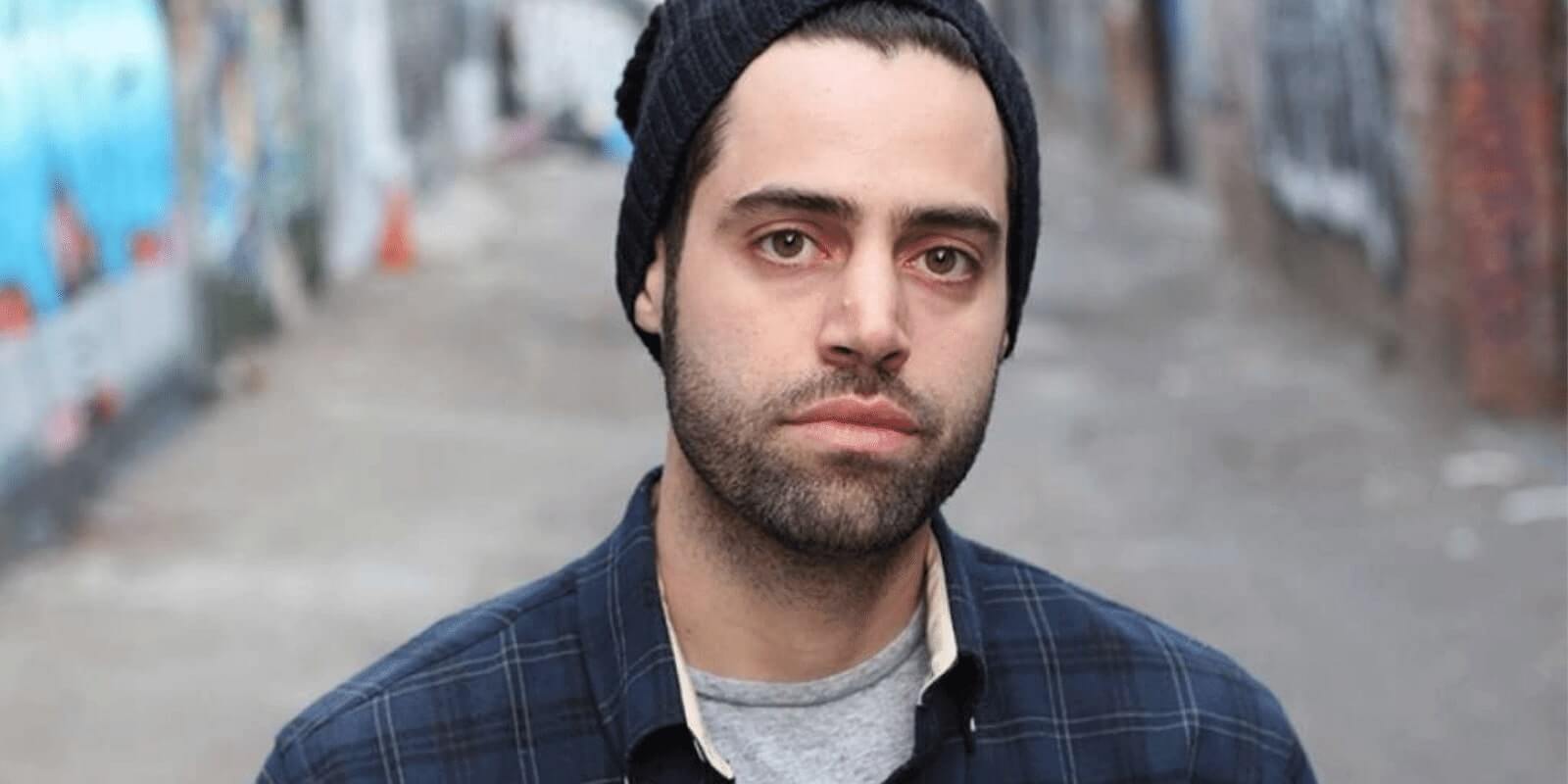
Symptoms of ADHD
Although this isn’t a complete list of symptoms, and many people may not demonstrate all of them, here are some of the most common indicators of ADHD:
Impulsiveness: People with ADHD struggle more than others to manage their impulses. This can affect relationships, tasks like driving and other areas of life.
Inability to relax: Young adults with ADHD are often restless and unable to relax. Other people may see them as on-edge or stressed out.
Difficulty listening: When sitting in meetings, classes and other venues where attentive listening is required, people with ADHD may feel a strong urge to fidget or struggle to pay attention.
Inability to finish or remain focused on tasks: People with ADHD tend to be easily distracted, so they often leave tasks unfinished, or struggle to continue working on them for sustained periods of time. Sometimes, they may also have the opposite problem and hyperfixate on different tasks.
Problems with organization: Young adults with ADHD often find it hard to organize their life and keep track of their responsibilities. Responsibilities like paying bills, prioritizing tasks, keeping track of appointments and getting to work on time can be very difficult.
Difficulty controlling emotions: People with ADHD have more difficulty suppressing their anger and other emotions, so they can come across to others as being emotionally reactive or as having frequent emotional outbursts.
Isolation: ADHD can be associated with being socially withdrawn, especially among women.
Most people demonstrate at least some of these symptoms at times, but if you are demonstrating symptoms chronically, you may want to consider treatment.
Self-Care Corner
What to do if you are newly diagnosed?
Honor your feelings
Take some time to process your diagnosis. Acknowledge that you might have mixed feelings about what this means.
Decide on Treatment
Medication for ADHD might be the answer but remember that it can take weeks before you notice a positive change, and often dosage needs to be adjusted.
Change your Behavior
Medication is a start, but studies show the combination of therapy and medication have the best outcomes. You will want to develop effective strategies to manage your planning and organization.
Seek Support
Having a steady support system will do wonders for your mood and outlook on life.
Ways to Cope With ADHD
If you think you may have ADHD, getting professional evaluation and treatment is ideal. Experts also recommend the following tips:
Minimize distractions: If possible, find a place to work where you won’t lose your focus because of interruptions.
Use a desk or wall calendar to help with organization: Keeping track of appointments and deadlines can be difficult, but a calendar can help you stay on top of it.
Use to-do lists: Write down the things you have to do and check them off one by one as you complete them.
Set aside regular times for daily tasks: Daily duties like answering email, paying bills and meeting deadlines are easier to complete if you take care of them at the same time every day.
What to do if You Think You Have ADHD
If you think you may have ADHD, it can be hard to know what to do or who to turn to. You may be feeling that your situation is hopeless, or if it’s even possible to turn things around. Can things get better for you?
The answer is yes. Many young adults with ADHD have gotten the treatment they need and are thriving in their work, school and social lives. You don’t need to let ADHD hinder you from living the life you want to live.
If you think you may need treatment for ADHD, talk to us. Sandstone Care offers teen residential treatment and a full continuum of care. Our genuine, open-minded staff will accept you as you are. We’re available seven days a week to help you with any questions you have, no matter what your situation is. Give us a call at (888) 850-1890.

We’re available 7 days a week to help answer any questions you may have.
Our Accreditations
